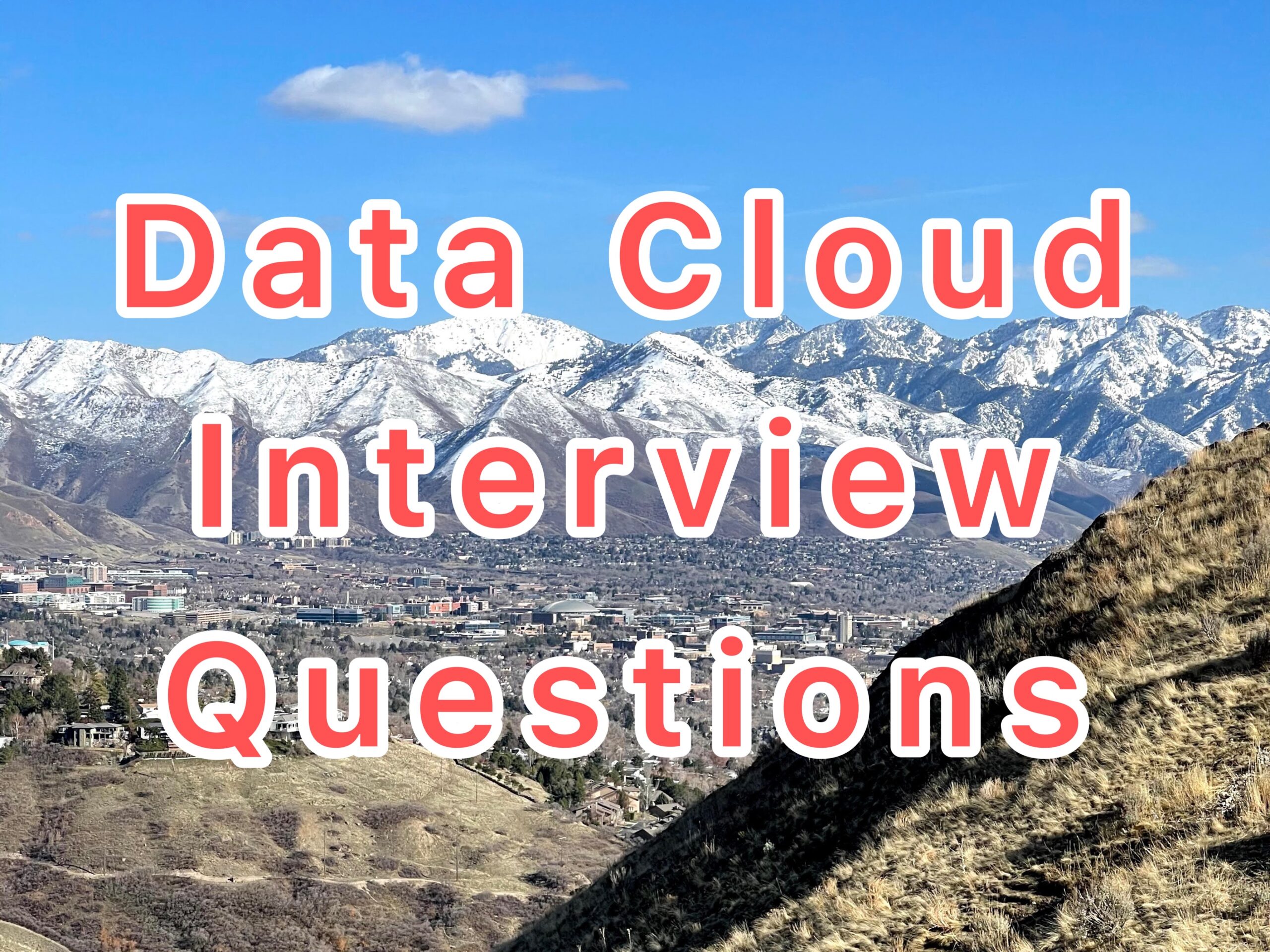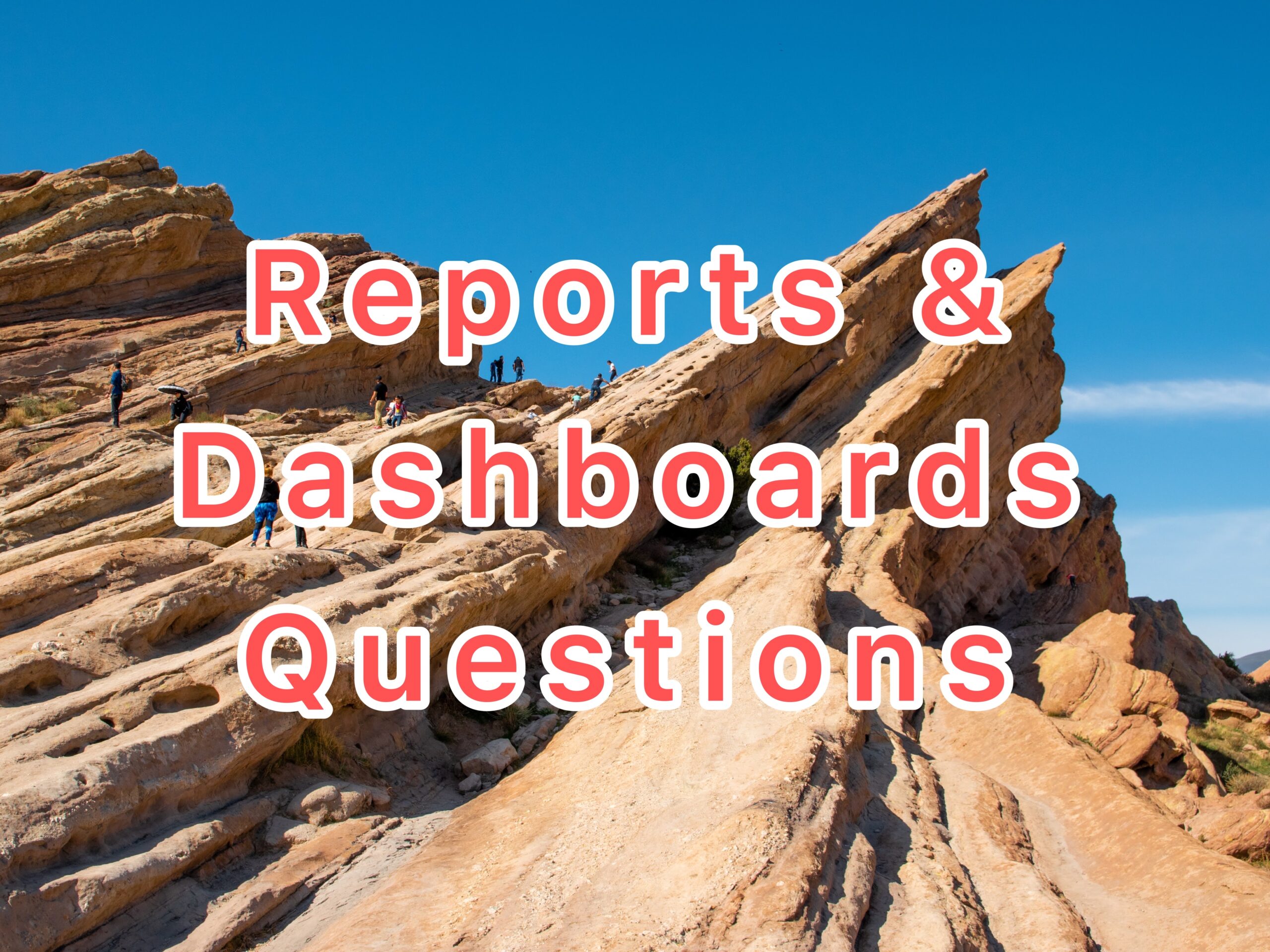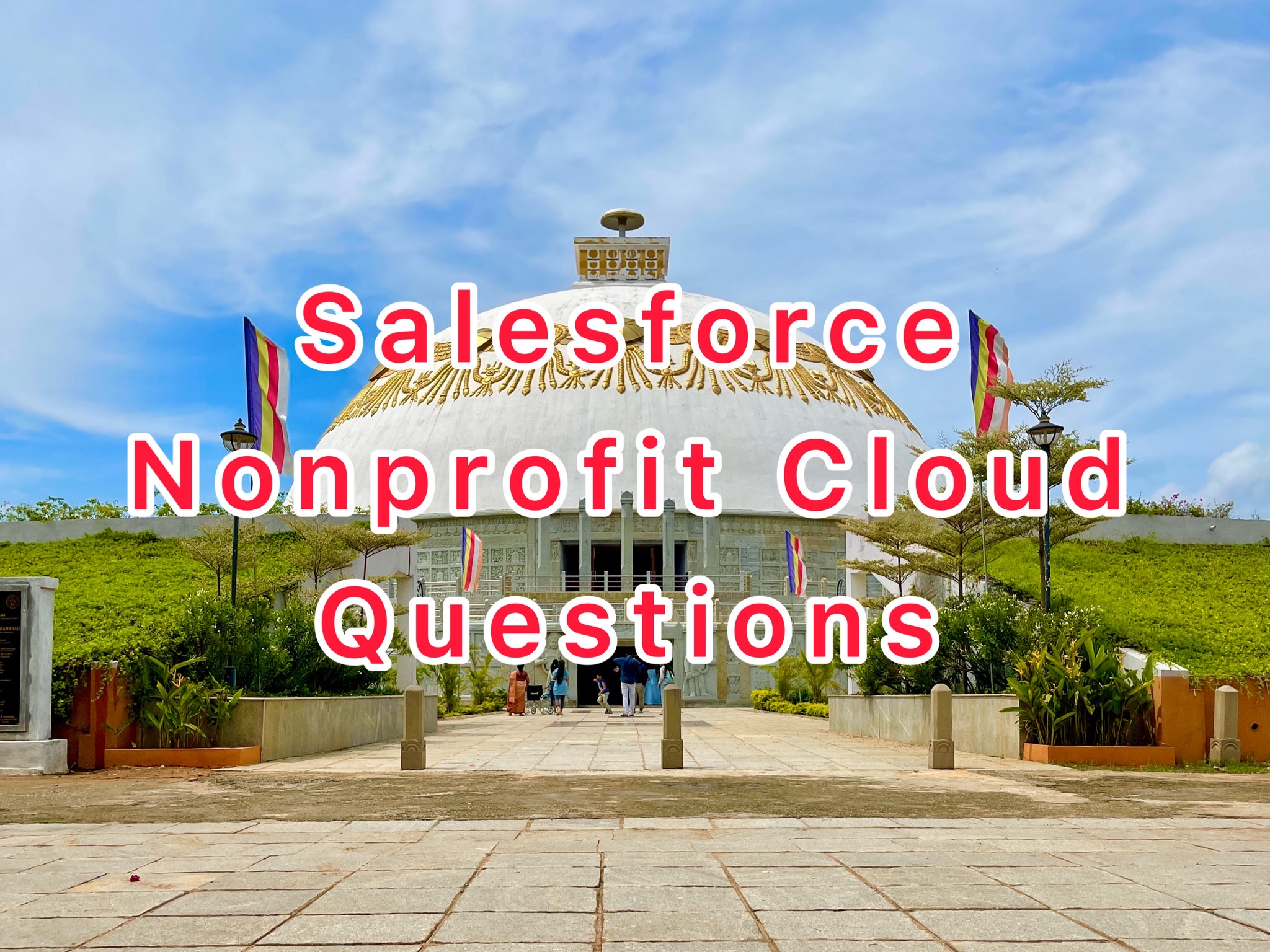Salesforce Sales Cloud Interview Questions & Answers.
Q1. What is Salesforce Sales Cloud?
Salesforce Sales Cloud is the sales automation software available as part of Salesforce CRM. Some of the key features of Sales Cloud are:
- Lead Management – Track your leads from click to close, while continually optimising your campaigns across every channel.
- Account and Contact Management – Have a complete view of your customers, including activity history, key contacts, customer communications, and internal account discussions.
- Opportunity Management – Get a complete view of your team’s deals, see stage, products, competition, quotes, and more.
- Pipeline and Forecast Management – Keep a real-time view into the health of your business. Stay up to speed on your team’s pipeline. Improve forecast accuracy.
Q2. What are Leads?
Leads are people who are interested in your product and service. Leads are your prospects who’ve expressed interest in your product, but you haven’t yet qualified to buy.
Q3. What are Opportunities?
Opportunities are deals in progress. Opportunity records track details about deals, including which accounts they’re for, who the players are, and the amount of potential sales.
Q4. What are Products?
Products are a base catalog of all the items and services you sell and their standard prices.
Q5. What are Price Books?
Price books track the prices of products and services that your company offers to customers. Price Books let you create a custom collection of products with associated list prices for specific uses.
- The Standard Price Book is the master list of all your products and their default standard prices. Salesforce creates the standard price book when you start creating product records. It includes all your products and their standard prices regardless of any custom price books that include those products.
- A Custom Price Book is a separate list of products with custom prices, called list prices. Custom price books are ideal for offering products at different prices to different market segments, regions, or other subsets of your customers. Create a separate price book for each set of customers that you want to address.
A price book entry is a product with its price as listed in a price book. Each price book entry specifies a currency for the price.
- Standard Price Book Entries are the default (standard) prices for the products and services in the standard price book. When you create a product record, Salesforce creates a standard price book entry. You can mark the standard price book entry as active or inactive, depending, for example, on whether you intend to start selling the product right away.
- Custom Price Book entries are the custom (list) prices for the products and services in your custom price books. Custom price book entries can be created only for products with active standard price book entries.
Q6. What are Product Schedules?
Product schedules are used to determine the payment and delivery cycles for products that are paid or delivered over time.
- A Quality Schedule determines when a product is delivered.
- A Revenue Schedule determines when a product is paid for.
- A Default Schedule is associated with a specific product in a specific price book. Every time the product is added to an opportunity, the default schedule is used. You can override the default schedules on any opportunity.
Q7. What are Quotes?
Quotes in Salesforce represent the proposed prices of your company’s products and services. You can create a quote from an opportunity and its products. Each opportunity can have multiple associated quotes, and any one of them can be synced with the opportunity. When a quote and an opportunity are synced, any change to line items in the quote syncs with products on the opportunity, and vice versa.
Q8. What are Quote Templates?
Quote templates let you customize the way your sales reps quote your company’s products and services. Sales reps can select standard or customized quote templates from their quote records, generate quote PDFs, and email them to customers.
Q9. What is a Contract?
A contract is a written agreement between parties. Companies use contracts to define the terms for doing business with other companies.
Q10. What is an Order?
An Order is an agreement between a company and a customer to provision services or deliver products with a known quantity, price, and date.
Salesforce Sales Cloud Interview Questions
Q11. What are Account Teams?
Account Teams are group of users collaborating on an Account. Account Teams can be used to control Access to Account and related Contacts, Cases and Opportunities. If your Salesforce admin has enabled account teams, the Account Team related list appears on each account. You can add, edit, or remove team members.
Q12. What are Opportunity Teams?
Opportunity Teams are a group of users collaborating on Opportunities. If your Salesforce admin has enabled opportunity teams, the Opportunity Team related list appears on each opportunity. You can add, edit, or remove team members. Every Opportunity Team member has a role in the opportunity, such as account manager or sales rep. Set up a default opportunity team of coworkers you typically work with on opportunities, with a role for each member and special access to your opportunities.
Q13. What is Lead Conversion?
Lead Conversion is a process in which a Lead record is converted into Accounts, Contacts & Opportunities. If Person Account is enabled in your org then Lead is converted into Person Account and Opportunity.
When you convert qualified leads, Salesforce moves any campaign members to the new contacts. The leads become read-only records, unless your administrator gives you permission to edit them.
Salesforce attaches all activities from the converted lead to the resulting account, contact, and opportunity, except activities initiated from a High Velocity Sales cadence. If you delete one of these activities from any of the resulting records, Salesforce also removes it from the other records.
Q14. What is Einstein Lead Scoring?
Einstein Lead Scoring uses data science and machine learning to discover your business’s patterns of lead conversion. Based on your patterns, Einstein predicts which of your current leads to prioritize. Einstein analyzes your past leads to determine which current leads have the most in common with leads that have previously converted.
Einstein Lead Scoring adds a Lead Score field to leads. The Lead Score lets sales reps prioritize their work by ranking leads according to their similarities to prior converted leads. Leads with higher scores have more in common with leads that have converted in the past.
Q15. What is Einstein Opportunity Scoring?
Einstein Opportunity Scoring assigns a score, from 1 to 99 based on artificial intelligence. Opportunity scores tell you the likelihood that an opportunity will be won. For each opportunity score, Einstein shows the factors that have contributed the most to the score, both positively and negatively.
Q16. What is a Sales Process?
Sales Process is a set of important steps that your sales team can follow to complete a sales cycle. You can create different sales processes that include some or all of the picklist values available for the opportunity Stage field.
Q17. What are Quote Templates?
Quote templates let you customize the way your sales reps quote your company’s products and services. Sales reps can select standard or customized quote templates from their quote records, generate quote PDFs, and email them to customers.
Q18. What is Sales Pipeline?
Sales pipeline is a visual representation of where prospects are in your sales process. Sales pipelines give estimates of how much business your salespeople expect to close in a given week, month, or year. In turn, you can use pipeline to estimate how much revenue is coming into your business, and when.
This article will be update soon, please come back for more Salesforce Sales Cloud Interview Questions.
Recommended Articles
- Service Cloud Interview Questions
- Salesforce Flow Interview Questions
- Salesforce Developer Interview Questions
- Salesforce Admin Interview Questions
- Sales Cloud Basics













